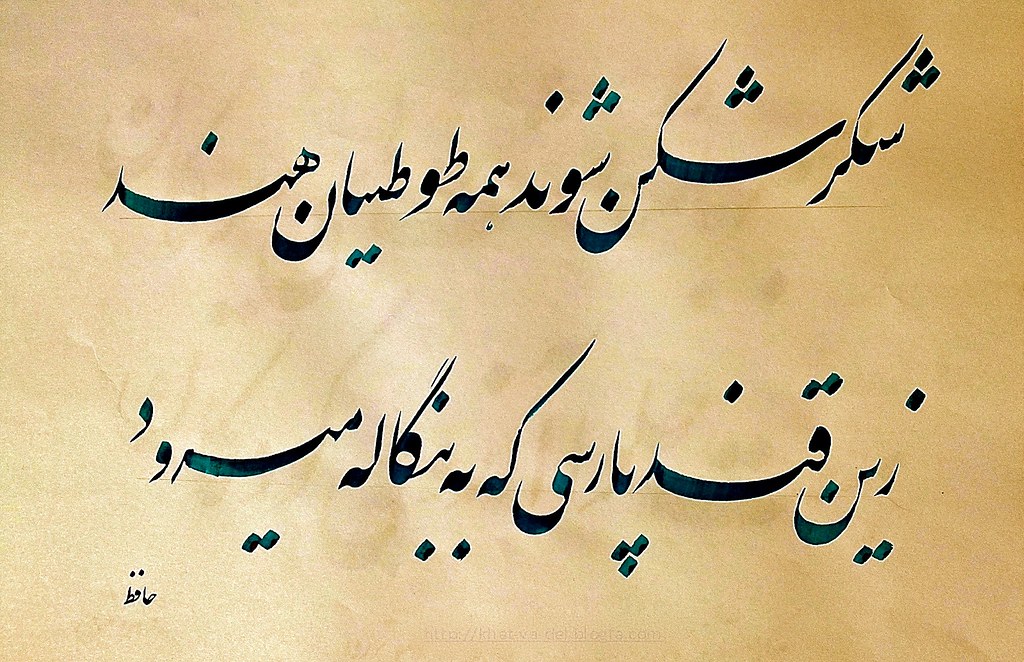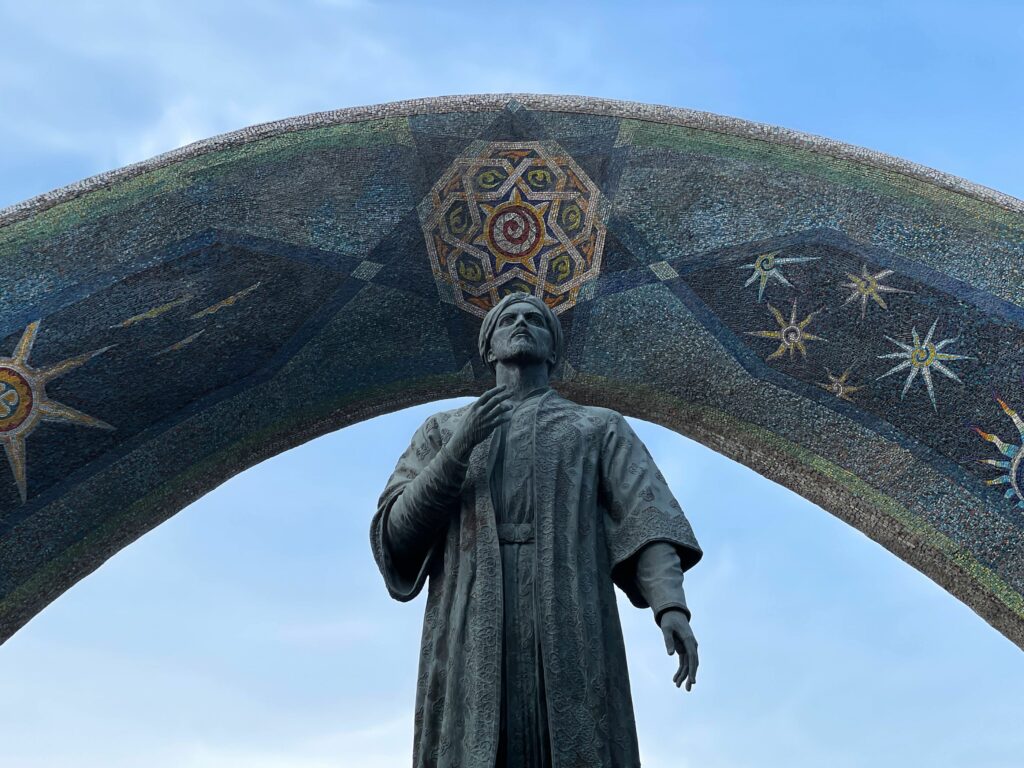Persian poetry is a garden where logic dances with mystery, where clarity meets ambiguity, and where the line between the sacred and the sensual is beautifully blurred. Beyond the lush imagery and musical rhythms, one of the most captivating aspects of Persian verse is its use of rhetorical devices—especially paradox and playfulness—to stretch meaning, tease the intellect, and stir the heart.
These literary tools aren’t just flourishes; they are central to how Persian poets communicate complex emotional, philosophical, and spiritual truths. Let's dive into how paradox and poetic play turn a simple couplet into a labyrinth of wonder.
The Persian Art of Saying Two Things at Once
In many Persian poems, you’ll find lines that seem to contradict themselves—or carry multiple layers of meaning at once. This isn't a mistake. It’s deliberate ambiguity, and it’s dazzling.
Poets like Hafez, Rumi, and Khayyam use paradox to express the inexpressible: love that is divine yet carnal, wine that intoxicates yet awakens, a beloved who is both torment and salvation.
Take this famous verse from Hafez:
آن کس که بداند و بخواهد که بداند
خود را به بلندای حقیقت برساند
One who knows, and desires to know—
Will lift himself to truth's highest plateau.
Here, knowing and not knowing, wanting and surrendering, often coexist. It's not linear logic; it's Sufi logic, where opposites often reflect one another.
Paradox as Spiritual Expression
In mystical Persian poetry, paradox isn't just clever wordplay—it mirrors spiritual experience. The journey of the Sufi seeker is filled with contradictions: losing the self to find the self, loving the Divine through a mortal, becoming drunk to become sober.
As Rumi puts it:
مردهام زین زندگانی، زندهام با مرگ خویش
گر شما را زندگی این است، من مردن گزینم
I have died to this life, and found life in my death—
If this is your life, then I choose dying instead.
Such verses defy the surface reading and invite deeper reflection. Death becomes rebirth. Emptiness becomes fullness. Language becomes a mirror to the ineffable.
The Poet as Trickster
Persian poets are not always solemn mystics—they are also linguistic tricksters, playing with puns, irony, and double entendre. Wordplay and playful ambiguity are integral to their craft, drawing the reader into a game of interpretation.
Take Khayyam’s rubaiyat:
بخور، بنوش، که این غم دیرینه را
درمان مکن مگر به می و مطرب و گل
Drink, be merry—for this ancient grief
Yields to nothing but wine, song, and blossom’s relief.
Is Khayyam endorsing hedonism? Or using wine as a metaphor for spiritual ecstasy? Is this world a tavern of pleasure or a veil of illusion? The answer is: yes, and more.
Language That Winks at You
The beauty of Persian verse lies in its ability to wink at the reader. A word like mey (wine) can mean wine, or divine love. Saqi (cupbearer) might be a bartender—or a spiritual guide. The beloved could be a mortal beauty or the face of God.
These devices invite the reader into a collaborative act of meaning-making. Every poem becomes a puzzle, an invitation to go deeper, to feel and think at once.
Why It Matters
In a world often obsessed with clarity and precision, Persian poetry reminds us that truth is not always linear. Sometimes we must approach it sideways, through irony, contradiction, and mystery. Paradox and play aren’t just decorative—they are doorways to insight.
They also allow Persian poetry to speak across boundaries: spiritual and secular, ancient and modern, East and West. The same verse can console a mystic, amuse a skeptic, or delight a lover.
Final Thoughts
Paradox and playfulness in Persian poetry do more than dazzle; they enrich the emotional and intellectual texture of each verse. They echo the complexities of life, love, and longing—refusing easy answers and inviting us into a deeper experience of meaning.
So the next time you read a Persian couplet that seems contradictory or mischievous, don’t be puzzled—be delighted. It means the poet is speaking in the language of the heart and the spirit, where logic surrenders, and mystery begins.





